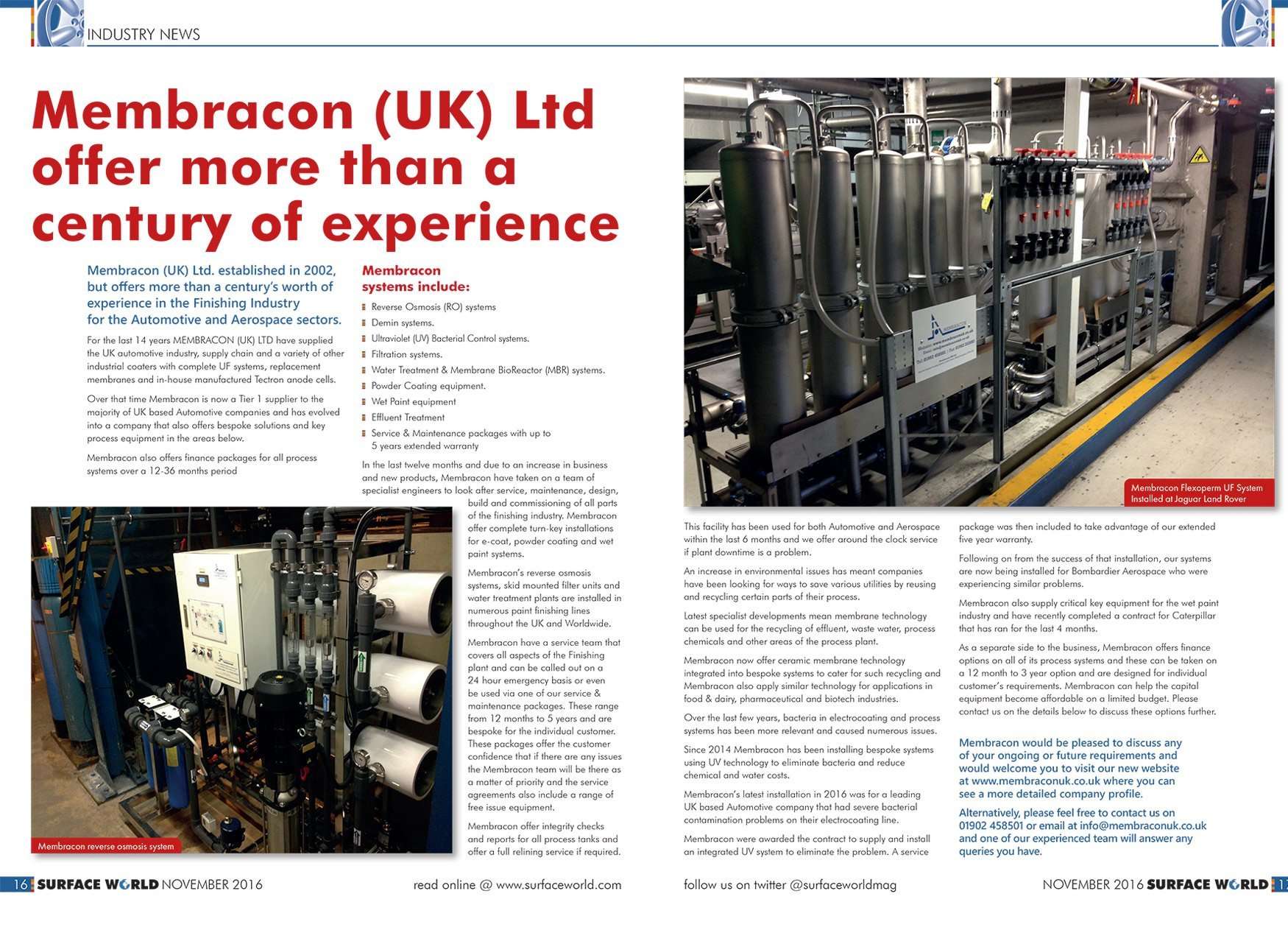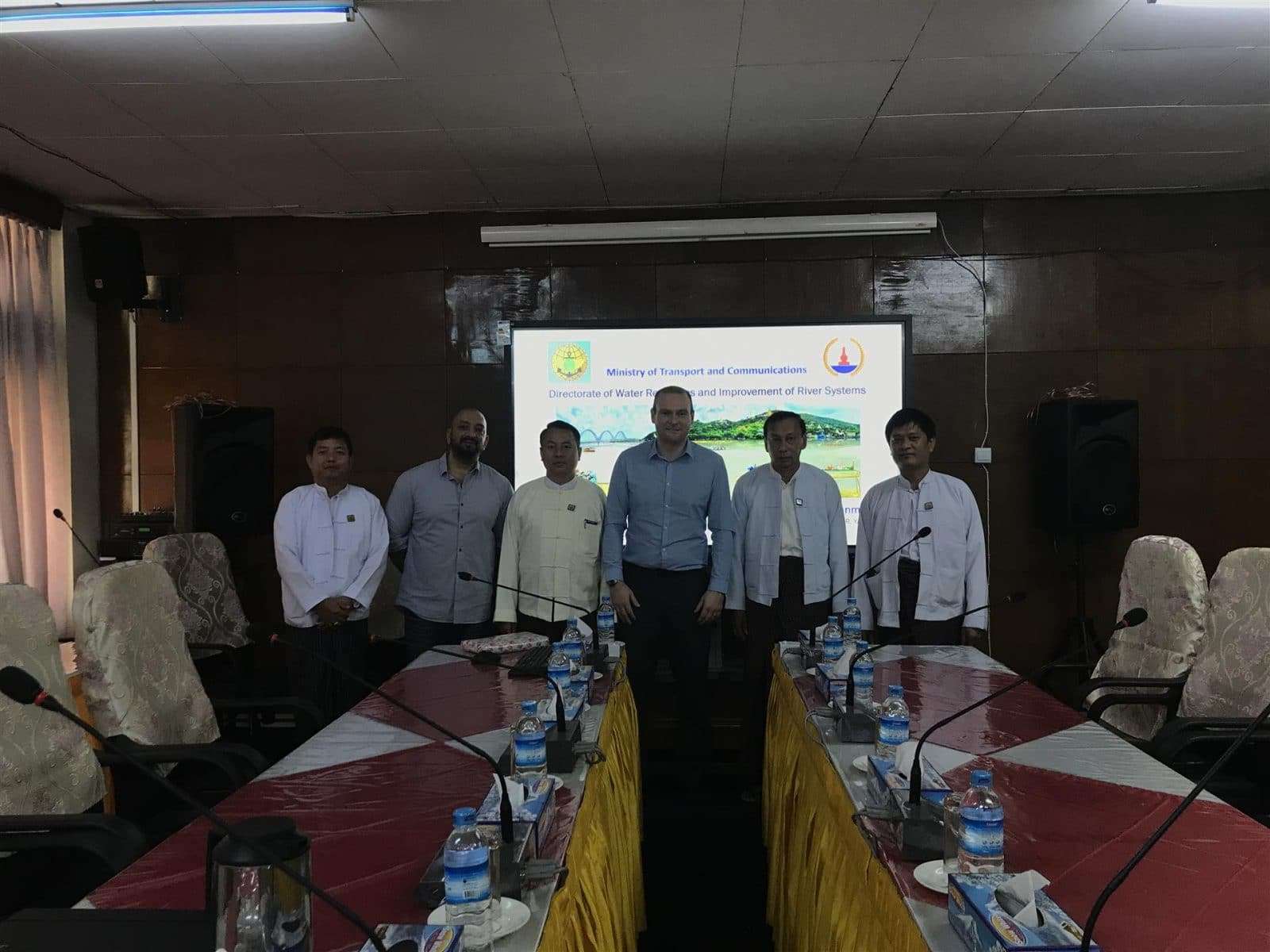Waterways, often misused as waste disposal channels, have suffered from hazardous discharges including pollutants like asbestos, heavy metals, and oils. The UK has made legislative strides with The Water Industry Act and The Water Resources Act, aiming to mitigate these practices. However, a global crisis remains, as the UN reports that 80% of the world’s wastewater goes untreated, polluting vital rivers.
Industrial Water Contamination in the UK
Despite advanced regulations, instances of both legal and illegal discharges of sewage and industrial pollutants into waterways continue, posing significant risks to public health and the environment. In 2020, water companies in England and Wales discharged raw sewage over 400,000 times, highlighting a pressing need for better water management.
Environmental Benefits of Wastewater Treatment
The consequences of improper water management extend beyond environmental degradation. They include severe health risks, contaminated irrigation affecting agriculture, and harm to aquatic ecosystems. Alarmingly, 25% of severe water incidents in England and Wales stem from industrial wastewater and sewage, underscoring the urgency for improved practices.
What is Good Water Management?
Good water management focuses on optimization and sustainability, aiming for a net-zero water footprint. This involves minimizing water use and waste while maximizing reuse and recycling through innovative treatment methods. Notably, reusing water can often be less expensive than disposal of trade effluent or purchasing potable water.
- Primary Treatment: The initial stage removes suspended solids from wastewater, achieving 70% to 90% removal through processes like flocculation and settling. Chemical reagents may be added based on the required purification level.
- Secondary Treatment: Advanced biological methods use bacteria to eliminate dissolved pollutants such as carbon, nitrogen, and phosphorus. Some techniques may also incorporate chemical reagents.
- Tertiary Treatment: This final stage targets any remaining dissolved solids and disinfects the water, preparing it for reuse.
- Sludge Treatment: The pollutants removed during treatment become sludge, which can be treated through anaerobic digestion to produce biogas for energy or dried into blocks for safe disposal or energy generation.
Financial Benefits and Consumer Goodwill
Organizations historically faced a dilemma in water management: prioritizing cost-effectiveness often compromised treatment quality, while thorough treatment inflated operational costs. Advances in chemical and mechanical techniques, coupled with digital water management systems, have bridged this gap, demonstrating that effective water management can be both cost-efficient and environmentally friendly.
By adopting these solutions, companies not only reduce treatment costs but also enhance their reputation among environmentally conscious consumers.
Carbon Reductions and Sustainability
Implementing sustainable water management practices significantly lowers carbon footprints. Reducing dependence on energy-intensive processes and promoting treated water reuse contributes to broader sustainability goals. The shift towards net-zero water buildings reflects a commitment to preserving natural water resources.
Innovations in Waste Management and Revenue Generation
Traditional waste disposal methods often posed environmental challenges. However, legislative changes and efficient dewatering technologies, like screw presses, have revolutionized this approach. By converting waste into a resource, organizations can transform disposal costs into potential revenue streams, creating biogas and biofertilizer from treated sludge.
The Path Forward
With Membracon specialists offering tailored solutions, organizations can navigate the complexities of effective water management. This partnership ensures compliance with regulations, financial savings, enhanced consumer perception, and contributions to carbon reduction.
By embracing advanced water management practices, organizations not only protect the environment but also position themselves as leaders in the transition to a more sustainable future. Engaging with specialists provides the support needed to thrive in this complex landscape, benefiting both the planet and the bottom line.












